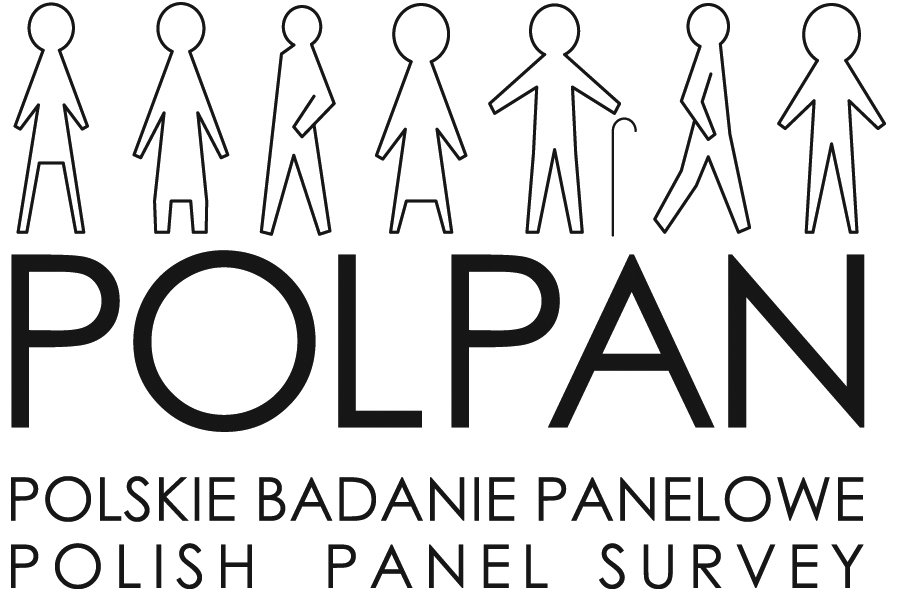On Wednesday, December 3rd, Professor Daniel Krymkowski (University of Vermont) presented a talk entitled: ‘Leisure and Social Inequality’.
Abstract:
People devote a considerable amount of time to leisure activities. According to the Bureau of Labor Statistics American Time Use Survey, for example, it amounted to 5.1 hours on the typical day in 2012 in the United States. But does leisure matter? Does it positively impact the quality of life? Many people assume or say that it does. However, convincing evidence for such a connection is surprisingly meager. In my research I utilize data from the 2007 International Social Survey Program to explore the relationship between leisure and social inequality in the contemporary United States. First, I examine whether involvement in leisure activities explains gender or racial-ethnic differences in socioeconomic outcomes. Second, I analyze the extent to which leisure affects one’s occupational status and earnings. I find no evidence that leisure helps to explain gender or racial-ethnic inequality. Regarding occupational status and earnings, only spending one’s free time on the internet seems to have more than a trivial effect on socioeconomic attainment. Since my measures of leisure include forms of both cultural and social capital, the findings imply that these types of capital do not strongly affect socioeconomic outcomes.
